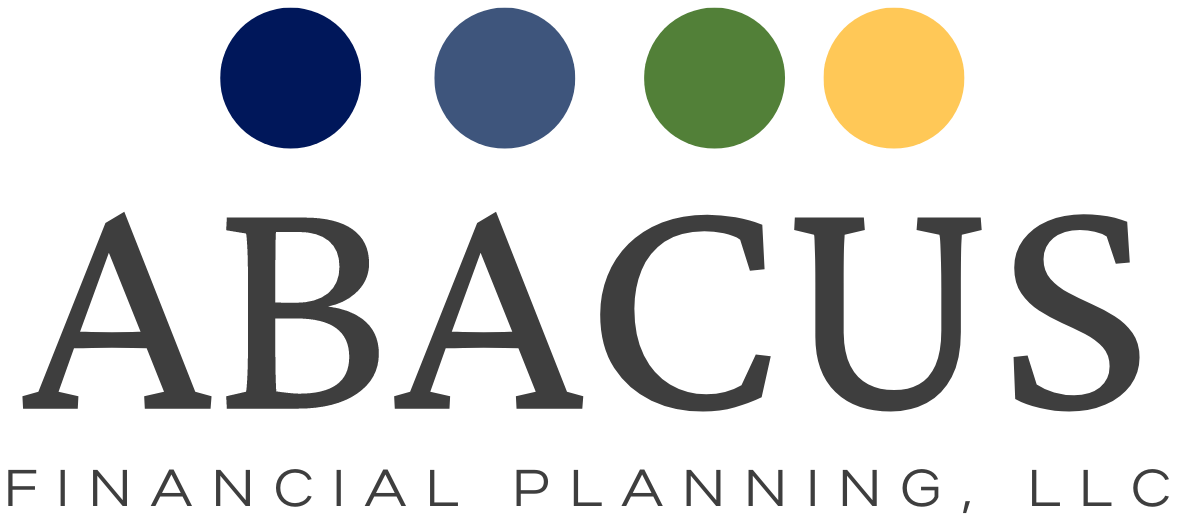At the end of the year, we often think about taxes.
- Should I withdraw more money from my IRA or brokerage account?
- Should I contribute to a Roth IRA?
- How can I lower my taxes for this year?
- How much should I give to charity?
The answers depend on how much and what type of income you already have and also what you expect to receive by December 31. Year-end projections can be tricky, though. For example, a surprise bonus in December could make someone ineligible for a Roth IRA contribution.
An “old school” approach to taxes is “delay, delay, delay.” Someone following this approach may think “whenever taxable income can be pushed to a future year, it should be pushed out.” A consequence of delaying income can take decades to manifest, and eventually there may be large tax bills. The classic example is traditional IRAs. A diligent investor saves for decades and then faces large Required Minimum Distributions (RMDs) in retirement, pushing the retiree into a higher tax bracket and potentially paying more in taxes over their lifetime.
An alternative is to strategically realize income with the long view in mind. This often means (voluntarily!) paying more in taxes now to reduce the expected tax bill a decade or more in the future. We can think of the current tax brackets as low/medium/high. (Note: For simplicity, this is focusing on ordinary income, excluding capital gains, AMT, and other tax situations.)
| Marginal tax brackets | |
| Low | 10%, 12% |
| Medium | 22%, 24% |
| High | 32%, 35%, 37% |
A strategic approach is to fill up the low brackets with income and delay income when in the high brackets.
Example: Maybe you spend several years in the medium tax brackets while building a career. With a promotion, you leap into the high tax brackets and make the most of strategic deductions. If you semi-retire or take a sabbatical, you may have low tax bracket years during which you could strategically pay more in taxes.
The tax code is a mash up of rules and formulas (piecewise linear functions, for the mathematically inclined). Sometimes they combine in ways that have a big impact on taxes. For retirees, this means checking for a tax torpedo (Social Security taxation is complicated at lower income levels) and IRMAAs (Medicare surcharges at higher income levels). For someone taking a mid-career sabbatical or a downshift decade before retirement, this may mean checking for the impact on tax credits related to health insurance. Part of year-end tax planning is looking out for these situations.
The information on this site is not intended as tax, accounting or legal advice, as an offer or solicitation of an offer to buy or sell, or as an endorsement of any company, security, fund, or other securities or non-securities offering. The information on this site should not be relied upon for purposes of transacting in securities or other investment vehicles. The information on this site is provided “AS IS” and without warranties of any kind either express or implied. To the fullest extent permissible pursuant to applicable laws, Big Red Abacus, LLC dba Abacus Financial Planning disclaims all warranties, express or implied, including, but not limited to: implied warranties of merchantability, non-infringement, and suitability for a particular purpose. AFP does not warrant that the information will be free from error. Your use of the information is at your sole risk. Under no circumstances shall AFP be liable for any direct, indirect, special or consequential damages that result from the use of, or the inability to use, the information provided on this site, even if AFP or an AFP authorized representative has been advised of the possibility of such damages. Information contained on this site should not be considered a solicitation to buy, an offer to sell, or a recommendation of any security in any jurisdiction where such offer, solicitation, or recommendation would be unlawful or unauthorized.






